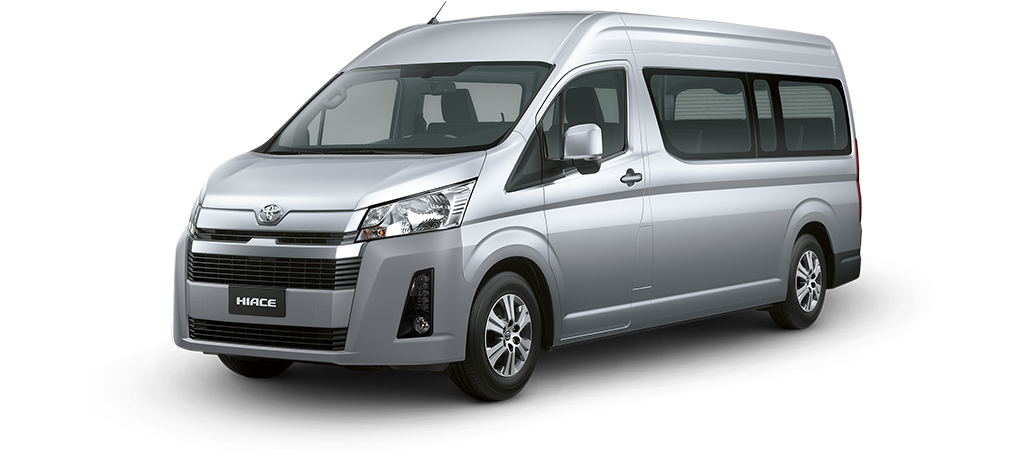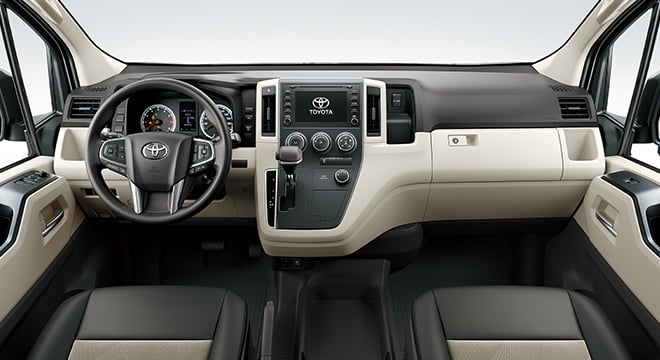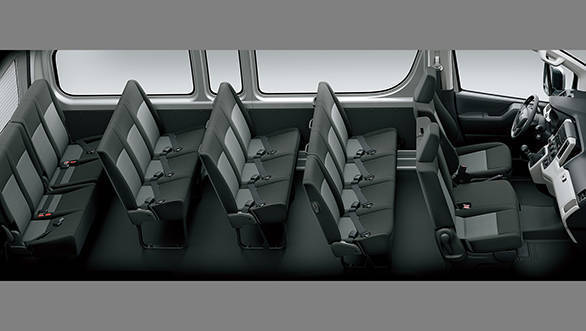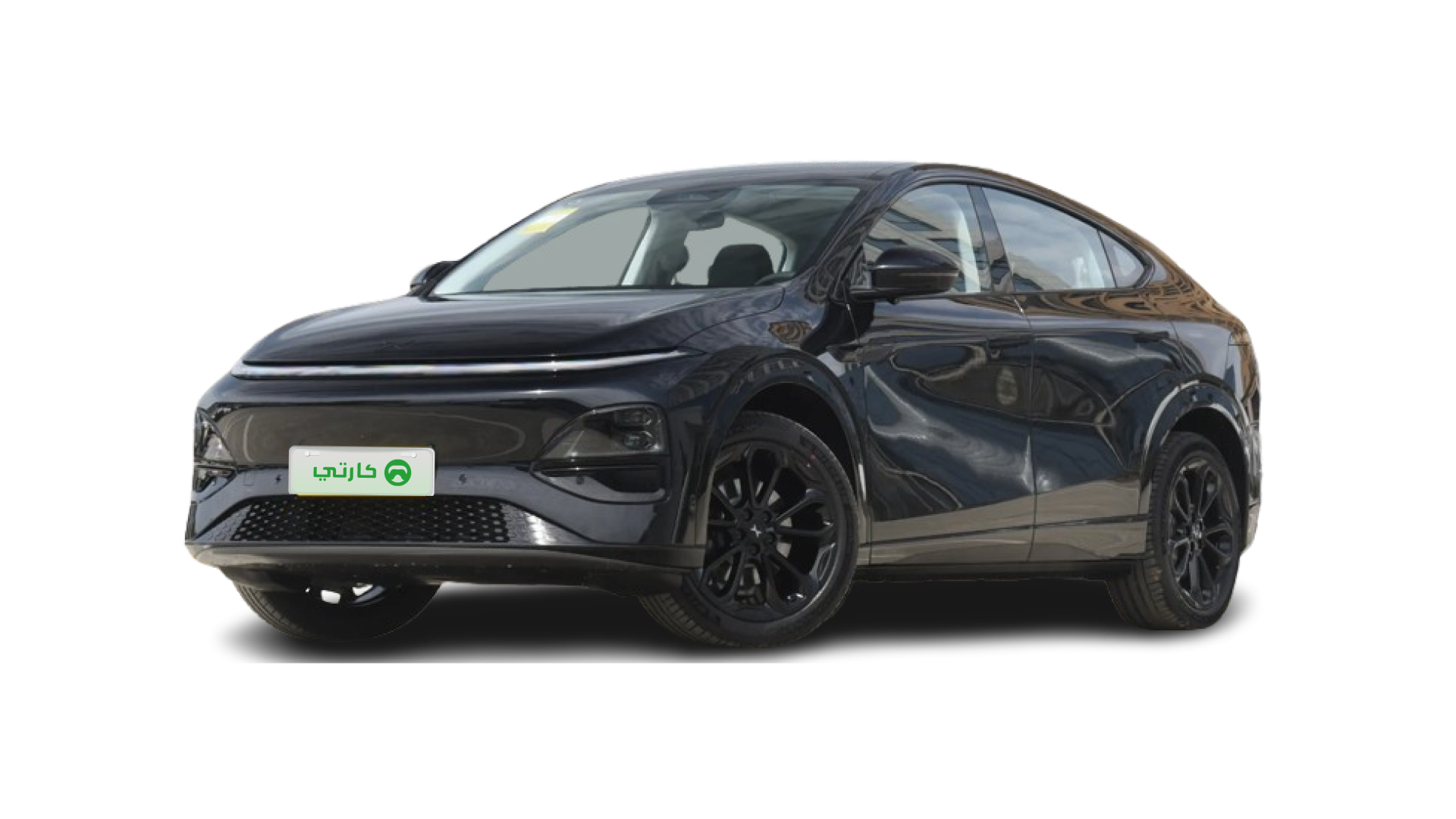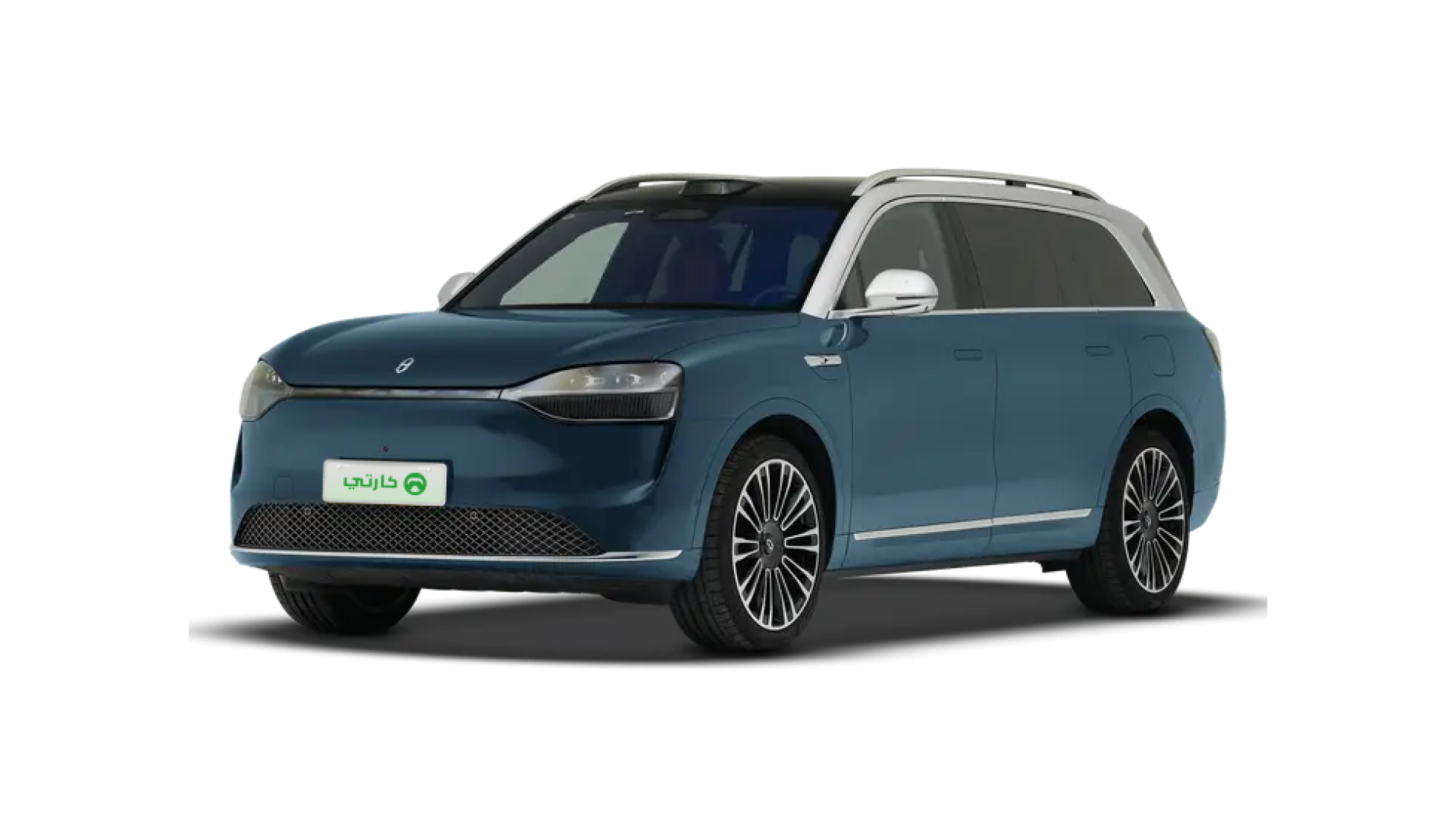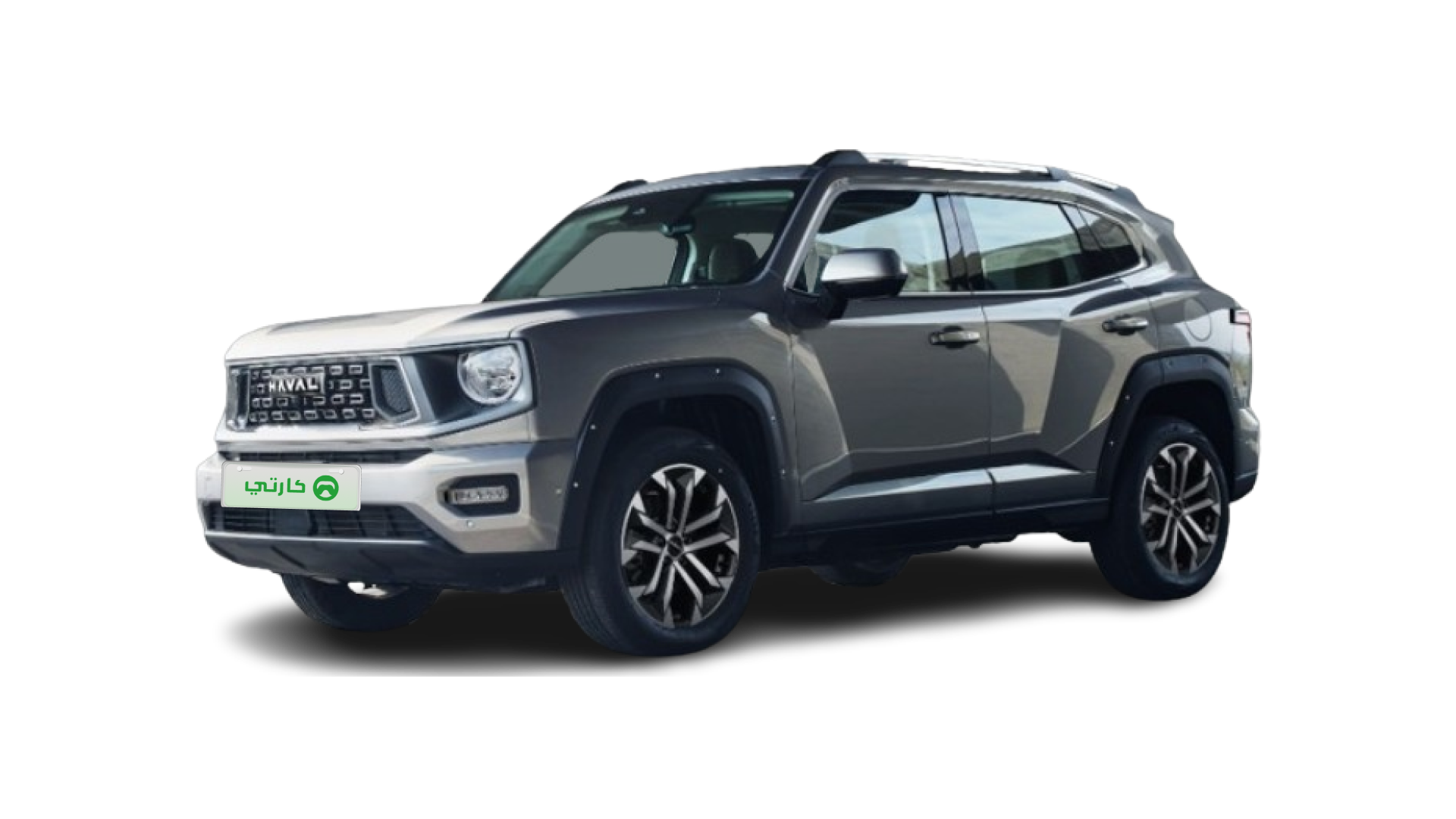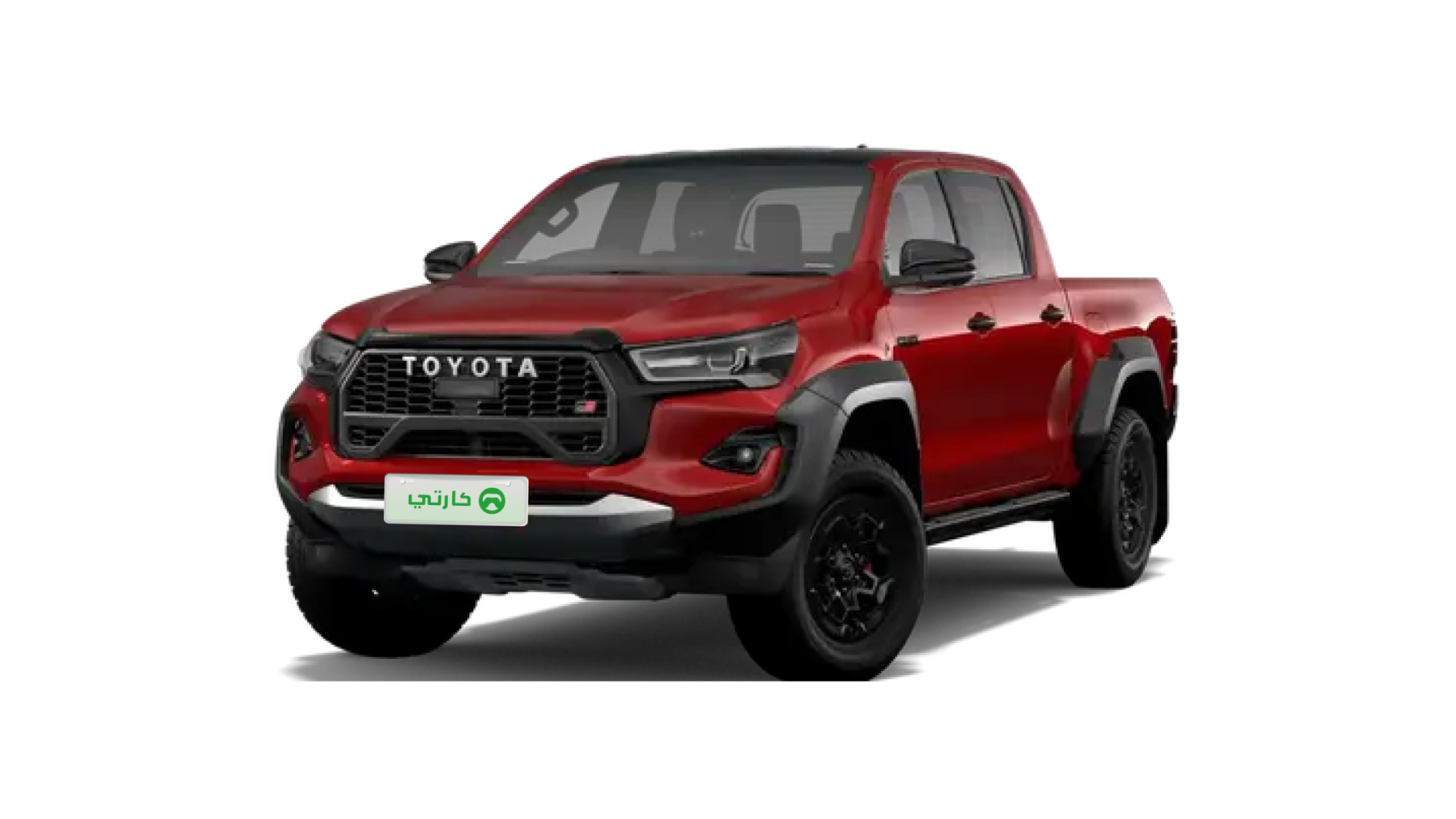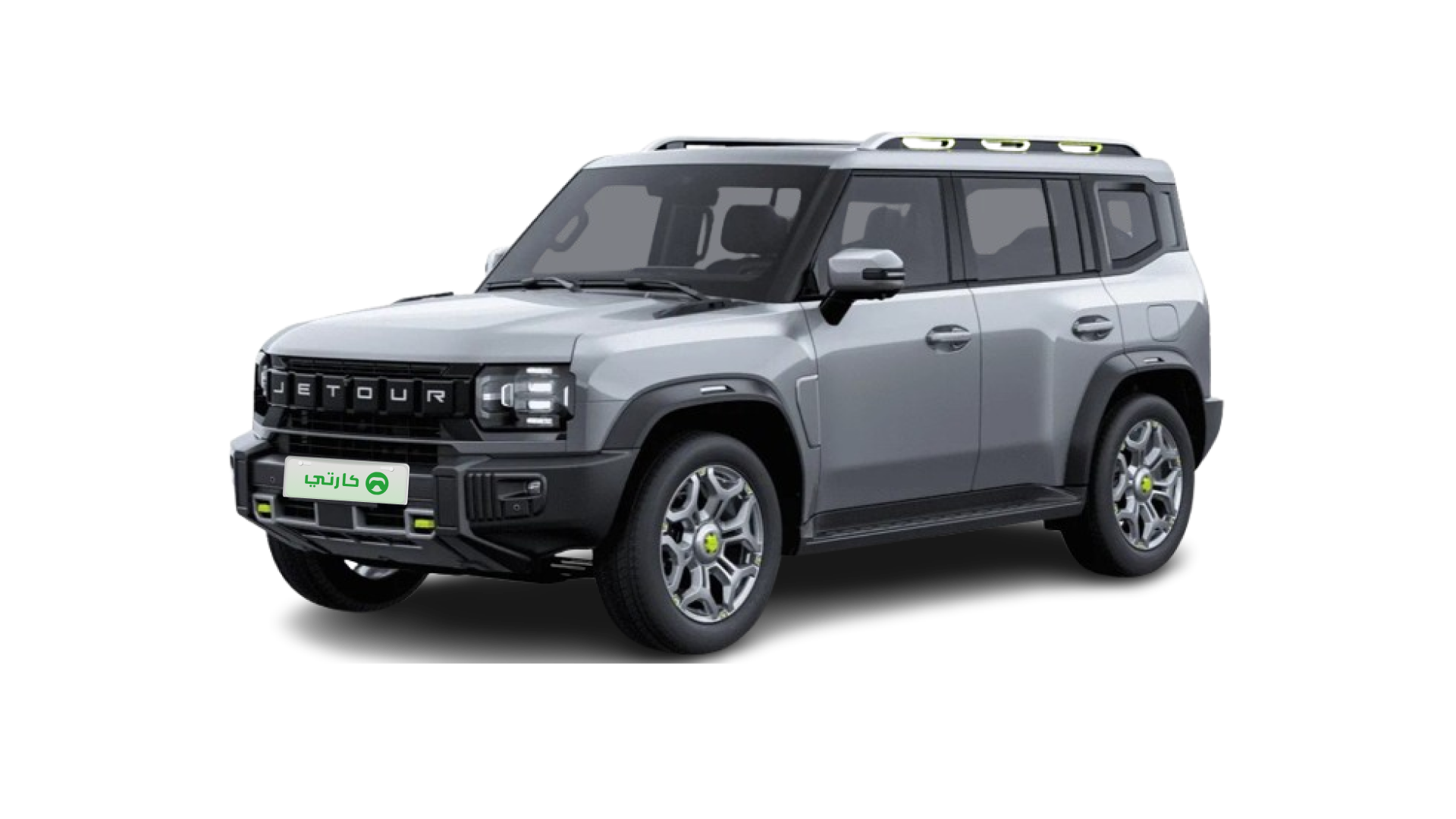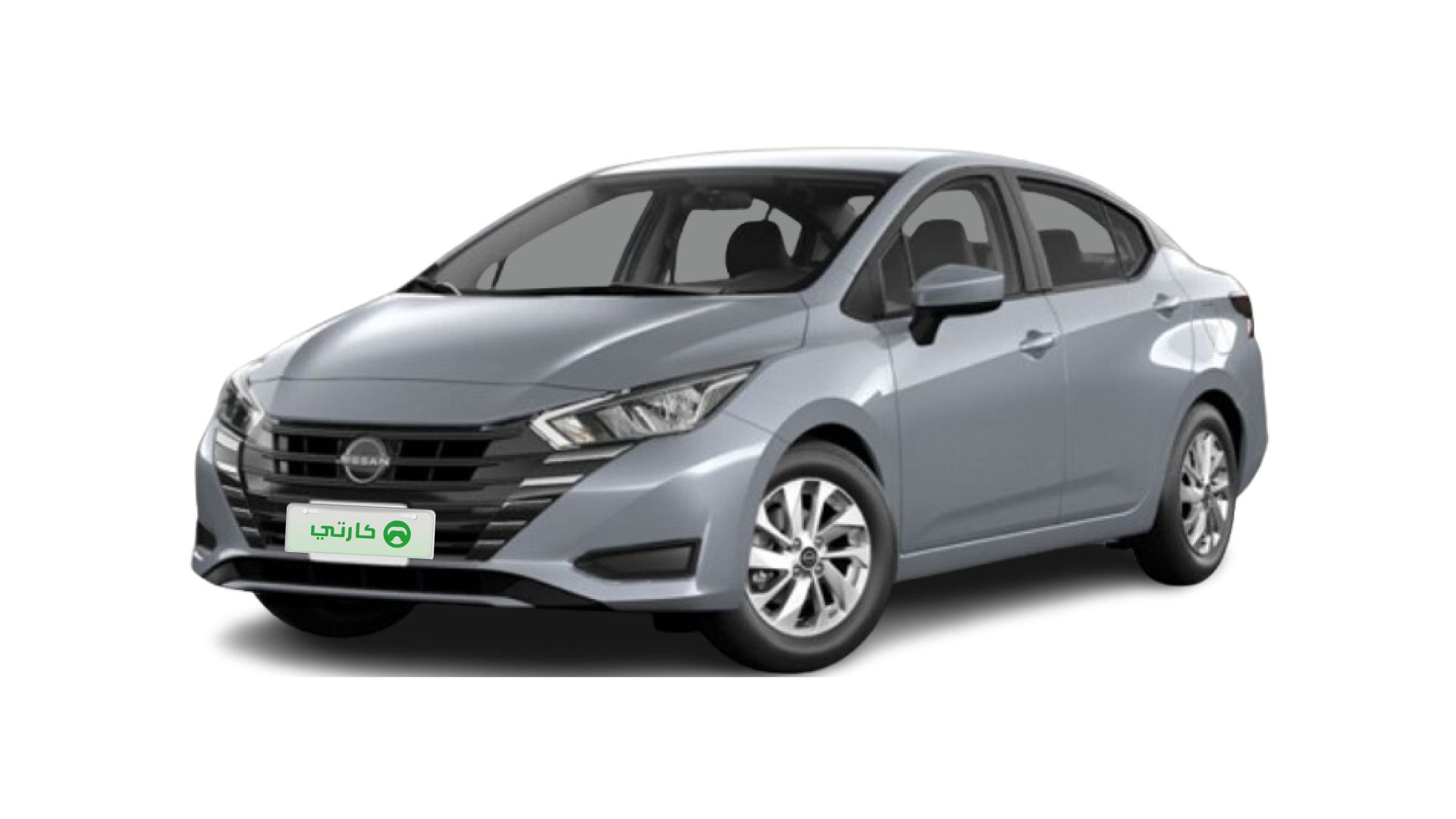Rev up your interest with this guide on maintaining and upgrading your Hiace engine. In 2025, keeping your Toyota Hiace engine in top condition is essential for reliable performance and improved fuel efficiency. This guide is packed with practical advice, maintenance schedules, and upgrade options that every Hiace owner should know.
How to Maintain Your Toyota Hiace Engine in 2025
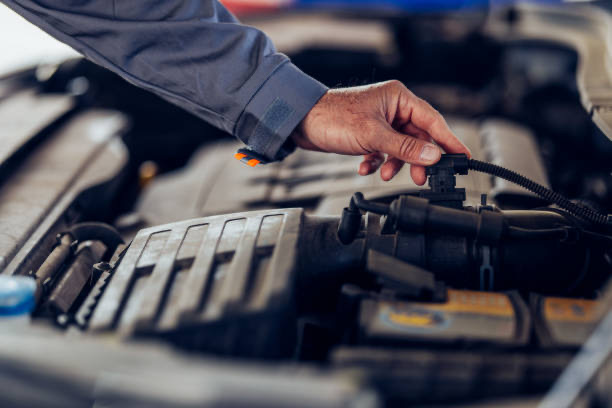
Your daily driving experience starts with a well-maintained engine. Keeping your Toyota Hiace engine running smoothly in 2025 means following proven maintenance routines and addressing issues before they escalate.
3 Critical Service Intervals
Oil Changes: Change your oil every 5,000 km (or as per your driving conditions in heavy urban traffic). Regular oil changes help maintain engine lubrication and lower friction, which is key for engine reliability.
Fuel Filter Replacement: Replace every 20,000 km. This simple step ensures that the fuel entering your engine is clean, thereby boosting diesel engine performance and fuel efficiency.
Timing Chain Inspection: Check at around the 100,000 km mark. A timely inspection prevents major engine issues and safeguards your investment in the Hiace engine.
Troubleshooting Common Hiace Engine Noises
Certain sounds can signal early warnings. Use the chart below to quickly identify and address these symptoms:
Symptom | Likely Cause | Immediate Action |
|---|---|---|
Metallic knocking | Low oil pressure | Check oil levels and add oil if required |
High-pitched whine | Worn serpentine belt | Verify belt tension and schedule a replacement |
Diesel knock | Injector malfunction | Seek professional diagnostics for effective repairs |
2025 Engine Upgrade Options
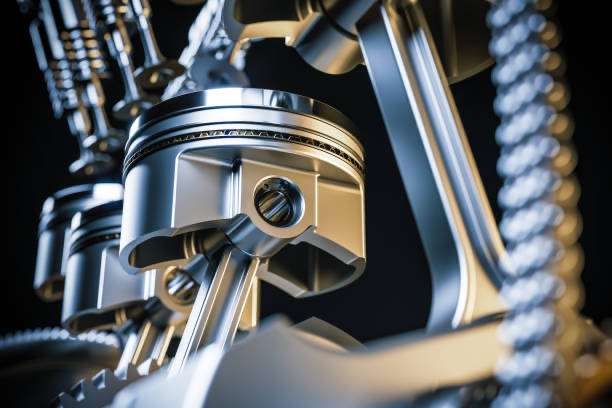
For enthusiasts eager to boost their Hiace engine performance, exploring upgrade options can provide both enhanced efficiency and better driving dynamics. The following sections outline smart modifications backed by emerging technology trends for 2025.
Fuel Efficiency Modifications
EGR System Cleaning: Regular cleaning can restore your engine’s MPG by 8-12% and help maintain optimal efficiency.
Turbocharger Upgrades: Installing an upgraded turbocharger can enhance torque by roughly 15%, paving the way for improved performance under load.
Smart ECU Remapping: An update to your engine’s ECU can finely tune performance parameters. Typically, this service costs about AED/SAR 1,200, making it accessible for many Hiace owners.
Emerging Hybrid Conversion Kits
Hybrid conversion kits are gaining traction among early adopters in the UAE. These kits allow you to combine traditional diesel performance with modern hybrid efficiency. Owners have reported:
Up to 40% reduction in fuel costs during stop-and-go traffic
Nearly 30% lower emissions in urban conditions
An estimated ROI within 18 months, making it a smart investment for commercial fleets
Future-Proofing Your Diesel Engine
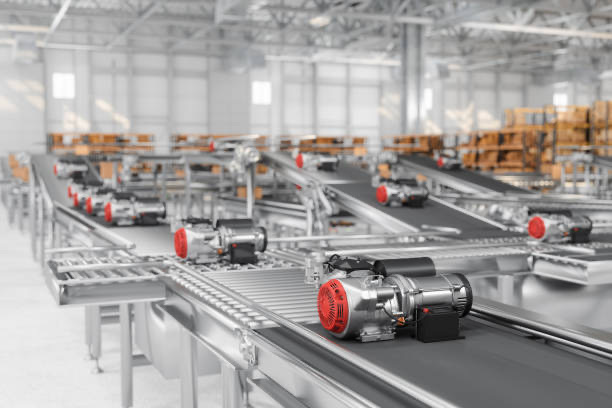
Staying ahead of evolving emission standards and increasing performance expectations is vital. By selecting the right diagnostic tools and replacement components, you can ensure that your Hiace engine remains robust and efficient.
Essential Diagnostic Tools
OBD-II Scanners: Preferably with interfaces in both Arabic and English to suit diverse user needs.
Cylinder Compression Testers: These provide clear insights into engine health.
Diesel Particulate Filter Monitors: Vital for maintaining emission standards and ensuring long-term engine performance.
Replacement Part Selection Guide
When choosing replacement parts, always aim for quality. Focus on:
OEM-grade piston rings: Guarantee consistency and durability with your engine’s internal components.
High-flow oil pumps: Ensure that your engine consistently receives adequate lubrication, promoting reliability.
Reinforced head gaskets: These are crucial for maintaining engine compression and resilience under high stress.
Last updated:July 2024 - Prices reflect current UAE market trends
FAQ
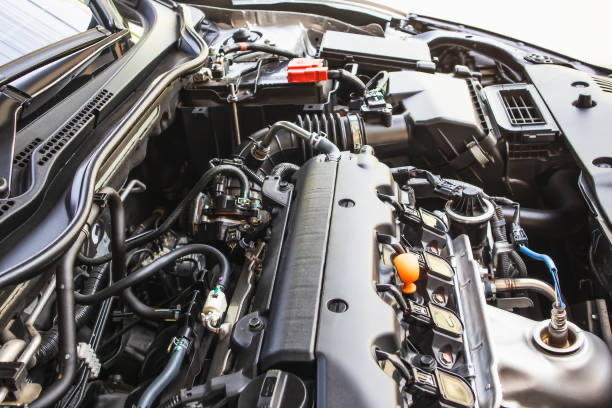
Q1:What are the most critical maintenance tasks for my Toyota Hiace engine?
Keeping your engine in top shape is all about timing and precision. The three most critical tasks are regular oil changes every 5,000 km, timely fuel filter replacements every 20,000 km, and a thorough timing chain inspection at around 100,000 km. By following these intervals, you significantly reduce the risk of engine damage and ensure consistent performance. These tips are especially vital in the high temperatures experienced in locations like the UAE.
Q2:How can I improve the fuel efficiency of my Hiace engine?
Enhancing fuel efficiency involves a mix of regular maintenance and smart upgrades. Start by ensuring that components like the EGR system and turbocharger are functioning optimally, as dirty or underperforming parts can drastically reduce MPG. Remapping your ECU is a popular modification that fine-tunes performance, often offering noticeable improvements in fuel economy. This approach is perfectly suited for drivers facing challenging urban traffic conditions.
Q3:Are hybrid conversion kits a viable option for my diesel Hiace engine?
Hybrid conversion kits represent an exciting evolution in engine technology, particularly for those looking to balance performance with environmental concerns. Owners who opt for these kits have observed a significant decrease in fuel costs and lower emissions. The installation of such a kit can modernize your Hiace engine while still retaining the robust performance it is known for. This upgrade is worth considering if you operate in high-usage environments.
Q4:What should I look for when selecting replacement parts for my Hiace engine?
When it comes to replacement parts, quality is non-negotiable. You should prioritize OEM-grade components like piston rings, high-flow oil pumps, and reinforced head gaskets. These parts are designed to meet GCC certification standards and provide the reliability your engine needs for long-term performance. Choosing high-quality parts not only prevents frequent repairs but also saves you money in the long run.
This article is for reference only; please refer to the latest local laws and regulations.
Read More:
When Was the 1st Car Accident? 2025 Safety Lessons from 1891
Mazda Cars Made in Which Country? 2025’s Global Production Guide
3 pics

Mustafa Karim, having been deeply involved in automotive research and development for over ten years. He is fond of Japanese cars, and their precise and energy-efficient features have influenced him. In his spare time, he loves Japanese anime and kendo, drawing inspiration from them for control system research and development. He also often shares cutting-edge automotive knowledge on platforms, contributing to industry innovation and adding strength to automotive development with his expertise.
